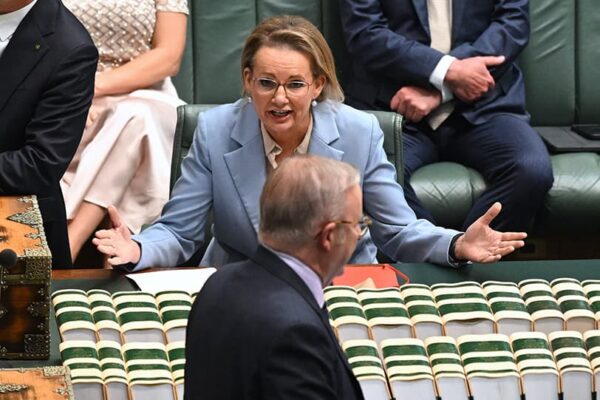On this episode of After America, Ben Doherty, Guardian Australia senior reporter covering international affairs, joins Dr Emma Shortis to discuss the mass layoffs at the Washington Post, the lack of transparency around the AUKUS submarine deal, and why the Australian government still has its head in the sand over Trump.
This discussion was recorded on Friday 6 February 2026.
The latest Vantage Point essay, What we owe the water: It’s time for a fossil fuel treaty by Kumi Naidoo, is available now for $19.95. Use the code ‘PODVP’ at checkout to get free shipping.
Guest: Ben Doherty, Senior Reporter, Guardian Australia
Host: Emma Shortis, Director, International & Security Affairs, the Australia Institute // @emmashortis
Show notes:
‘Possibility of US ever selling Australia nuclear submarines is increasingly remote, Aukus critics say’ by Ben Doherty, Guardian Australia (February 2026)

